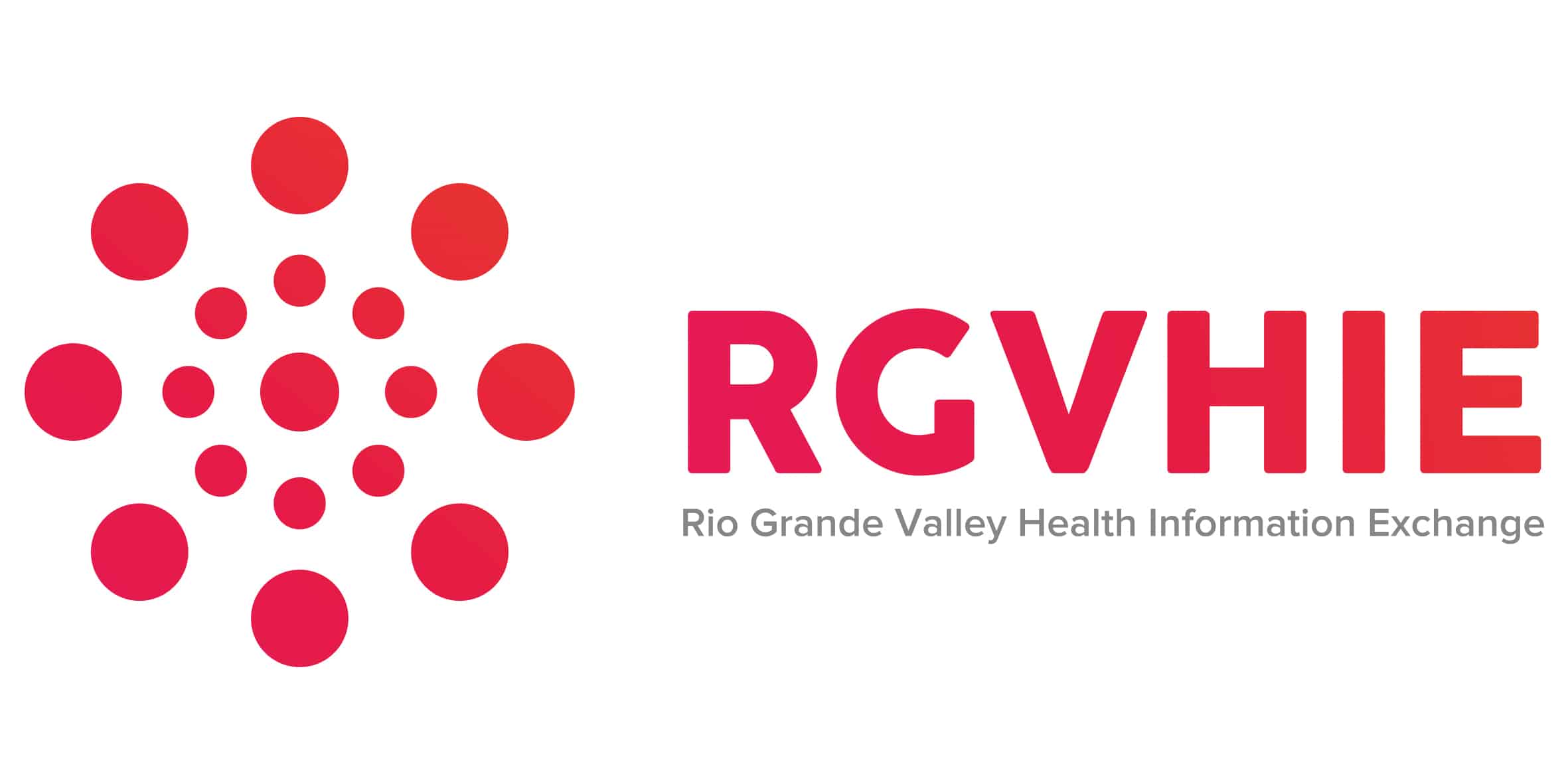As a participant in DSRIP (Delivery System Reform Incentive Payment), a Texas health system came to Rio Grande Valley Health Information Exchange (RGV HIE) looking to create a more complete view of their patients in order to help reduce avoidable hospital and emergency department use. RGV HIE then engaged with Verato to help ensure that the health system’s patient identities were accurately matched across each point of their service.
What is DSRIP?
Started in 2015, DSRIP (Delivery System Reform Incentive Payment) is a federally funded program for ensuring proper care for low income patients. State DSRIP programs use a variety of outcome metrics to measure the success of delivery system reform projects. These metrics enable hospital providers to report on projects that they’ve implemented, ranging from physical, behavioral health, and social services.
These measures stand out when reports are run on admissions and return rates. When hospitals can exhibit downward trends in readmissions, they begin to qualify for federally available DSRIP funds. For states participating in DSRIP, once the analytics are reviewed and the qualification is established, their hospitals can start to receive their share of the federal incentives.
However, a challenge often occurs in proving if, and how, the outcome metrics are working in order to qualify for these outcome-based payments. The health system operates across a broad system of hospitals and clinics. The facilities don’t always share patient data, making it difficult to establish a universal patient ID and prove that readmission rates are in fact dropping.
As a Verato customer, RGV HIE was able to use their Verato UMPI to match patient records across the hospitals and clinics associated with the health system. This new understanding allowed the health system to effectively cross reference all patients, enabling them to accurately determine readmission rates.
Only a handful of states currently participate in DSRIP. In Texas, DSRIP has contributed to more than $20 billion in state and federal payments since 2012, however the funding has been decreasing since 2017. The program will be expiring under the current Medicaid 1115 Waiver in September of 2021.
DSRIP can be a frustrating program to participate in because of how difficult it is for health systems to prove value. As community collaborators, armed with strong data backbones, this is an opportunity for HIEs to add value to participating health systems. The proof of value challenge that DSRIP presented to RGV HIE for the health system illustrates the important role of patient matching in tracking patient care across service boundaries in support of new programs .
For further information on RGV, check out this case study.
